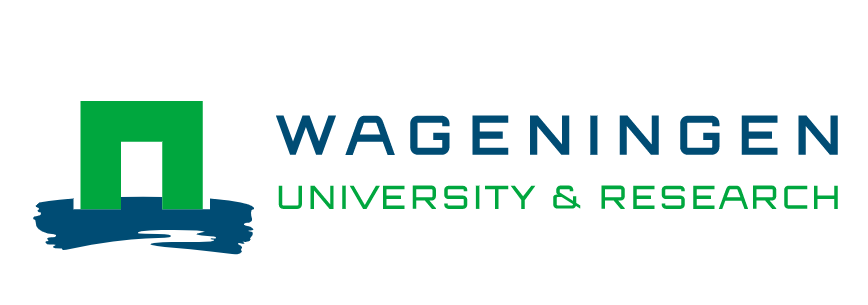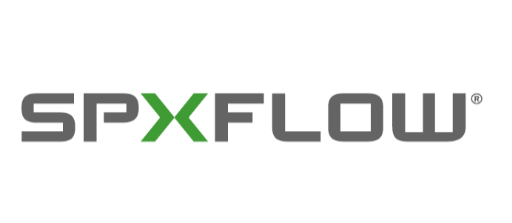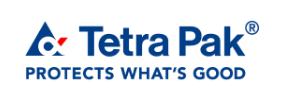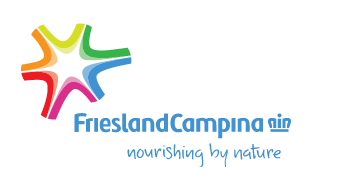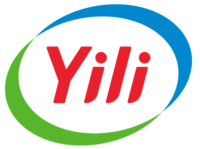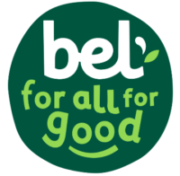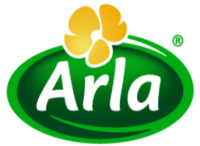Ede, February 28th 2023 – A public-private consortium of industrial and knowledge partners is carrying out a multi-year research project aimed at investigating the potential food safety and quality risks of microbial contaminants in plant-based food products, such as dairy alternatives. In the project, the partners will deliver insight into microbes that are common in plant-based ingredients, their ability to survive processing, and the risk of growth and toxin production in foods containing such ingredients. The consortium aims to help reduce food waste and ensure food safety, through filling of knowledge gaps and generating better predictive models for assessing microbial risk and identifying critical control points.

Healthy, sustainable, and safe foods within the protein transition
Consumers are embracing the trend to include more plant-based foods in their diet, leading to a strong and steady increase in the development and production of plant protein-based foods. While these foods can be healthy and tasty alternatives to dairy or meat products, they must also be safe, reliable and of high quality.
New plant ingredients, however, often contain unknown types and levels of microbes, and there is a significant gap in knowledge about the risks of these microbial contaminants. Many plant-based proteins come from crops that are sourced close to the soil and can be contaminated with a wide range of organisms. These can include spore-forming bacteria that may survive heat treatments, for example. Various microbes can also be introduced during harvesting and storage, or the plant protein manufacturing process. This complicates the design of efficient processing conditions and stable product formulations, and carrying out effective troubleshooting when microbiological contamination occurs in finished products.
Public-private collaboration to develop required knowledge and tools
Understanding and predicting the potential food safety and quality risks from microbial contamination in new plant protein ingredients requires knowledge of the levels, types and behaviours of microbes, and the impact of formulation, processing, and storage conditions on them.
In this consortium, the research organisations NIZO food research (coordinator), Wageningen University & Research and HAS Green Academy join forces with several companies including Ripple Foods, The Coca-Cola Company, SPX FLOW, Tetra Pak, Bel, Arla Foods, Yili, HP Hood LLC, FrieslandCampina and Cosun to execute a multi-year research project to deliver the requested knowledge and tools to assess the food safety and quality risks. The project will deliver insight into the levels and types of microbial contaminants in over 80 plant-based ingredients, their potential to survive processing, and the risks they may pose through growth and/or the production of toxins in foods. The data collected will be used for the development of microbial predictive models. These will be verified in real products to identify risks and can be used to define strategies for long-term structural solutions for prevention of microbiological spoilage or safety issues.
This project receives financial contribution from the Topsector Agri & Food. Within the Topsector industry, knowledge institutions and government collaborate on innovations for safe and healthy food for 9 billion people in a resilient world.
“Safe food is critical for public health, but we also need to minimise product recalls to prevent downgrading or destruction of valuable foods. New developments in food production and the protein transition raise fresh and unknown challenges that can hamper these objectives. We are delighted to see the level of support and commitment of private and public organisations to tackling this issue together, which will have a positive impact on future innovations of plant-based foods worldwide” says Dr Robyn Eijlander, Project Manager and Microbiology expert at NIZO.
- Lichenysin
- Cereulide
- Antimicrobials
- Virulence
Related terms
© NIZO 2025 | Sitemap - Privacy Statement - Cookie Statement - Terms & Conditions
Website by: Online Marketing Agency
